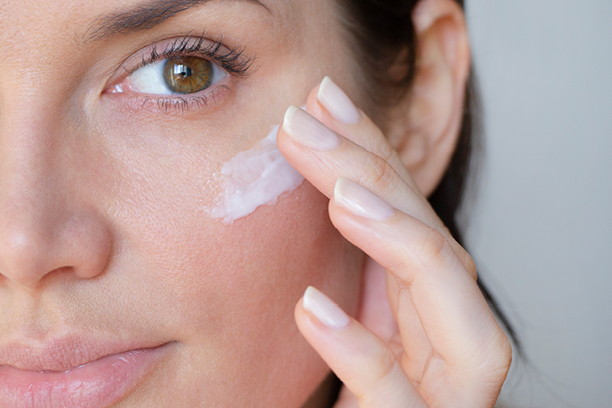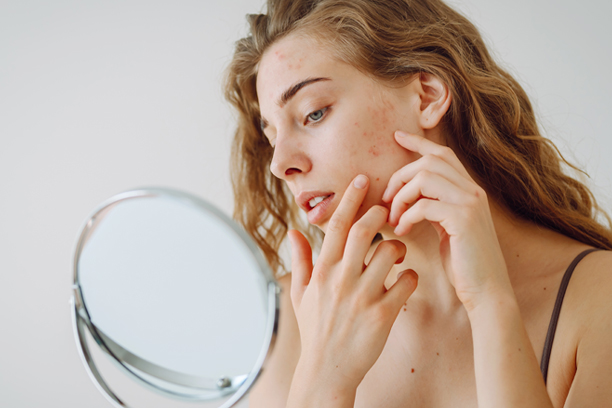We use cookies to make your experience better. To comply with the new e-Privacy directive, we need to ask for your consent to set the cookies. Learn more.
Free delivery on orders over £50
Hyperpigmentation Characteristics and Causes

Skin is pigmented when some of the pigment cells deep in the skin are producing too much pigment. This will show as patches or areas where the skin is darker than the rest of the skin. Pigmentation may occur on any skin type and may be triggered by a number of factors.
Some typical symptoms of pigmented skin are:
Darker colour than the “normal” skin colour
May vary from dark pink to black depending on the “normal” skin colour
Skin may be thickened, dull and rough in texture, especially as a result of excessive UV exposure
While we may be born with some pigmentation patches such as moles and birthmarks, there are many types that develop throughout our lives we are able to control.
The sun: Exposing the skin to the sun without wearing sunscreen is the number one cause of uneven pigmentation on the skin.
Hormones: Fluctuations in women’s hormones such as pregnancy or taking the contraceptive pill can result in areas of pigmentation, usually of the face.
Inflammation: severe or repeated inflammation and irritation of the skin can result in uneven skin colour. This may be something as common as a breakout which may leave the skin discoloured.
Sunbeds: Young skin may develop a golden, even skin colour after a course of sunbeds but damage is occurring to the skin which will be seen years later as patchy, dull and thickened skin.
If skin pigmentation is due to excessive sun exposure expect the skin to be dehydrated, rougher in texture and dull in appearance.
As a response to UV exposure the outer layers of skin will thicken as a way of protection. This will result in a dull, rougher texture.
Water is easier to evaporate from the skin when excessively exposed to the sun due to the rise in temperature. This will result in dehydration where the skin takes on a crepe texture.
Because free radicals, damaging chemicals, are released in the skin this is a major cause of premature ageing. Lines and wrinkles appear in much younger skin if regularly exposed to UV.














